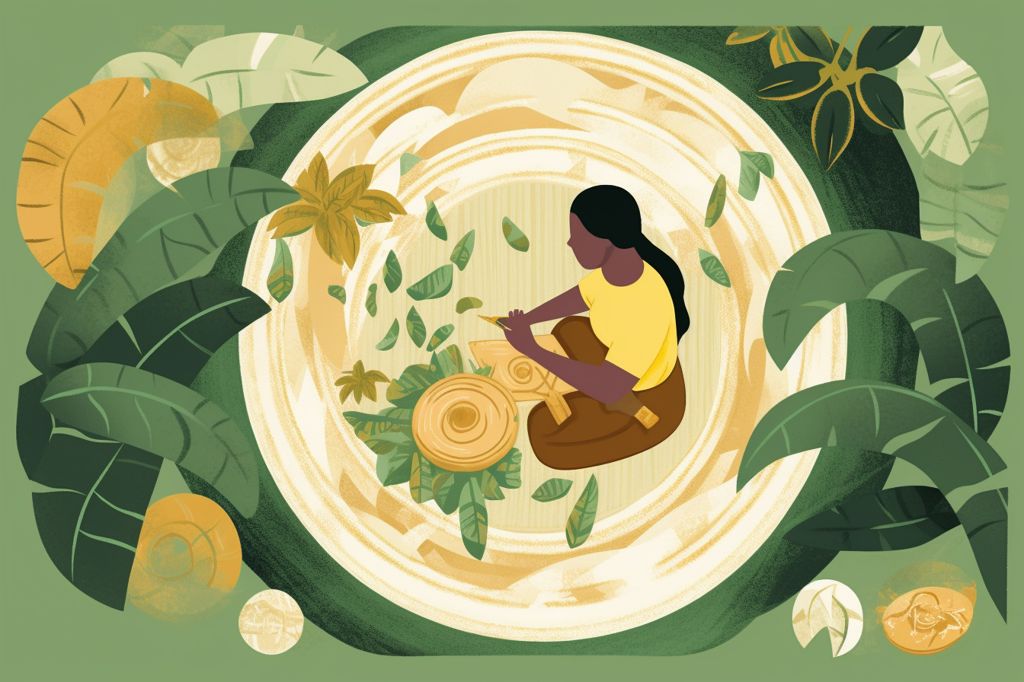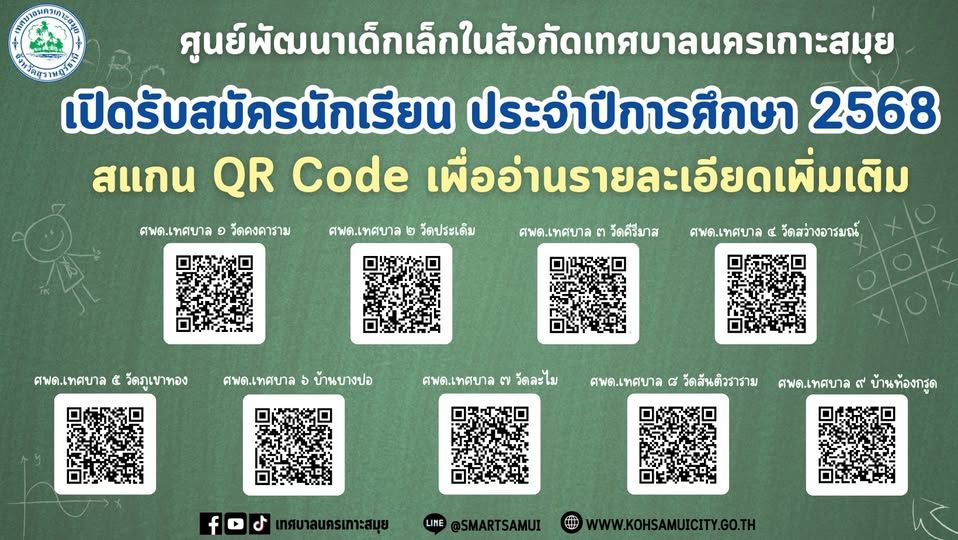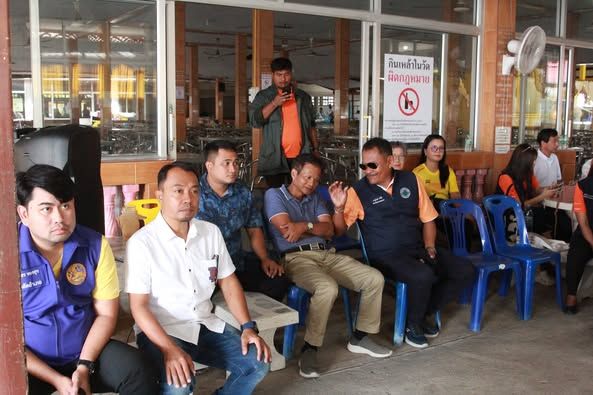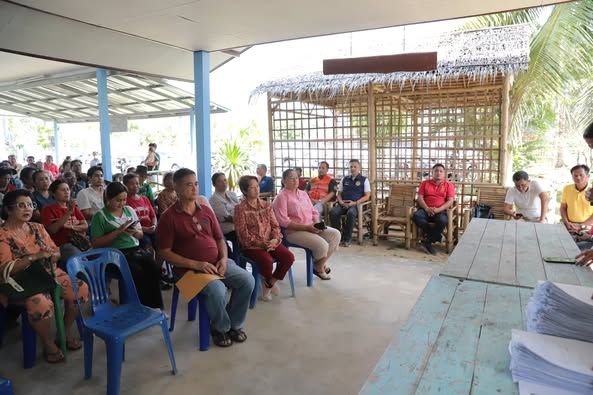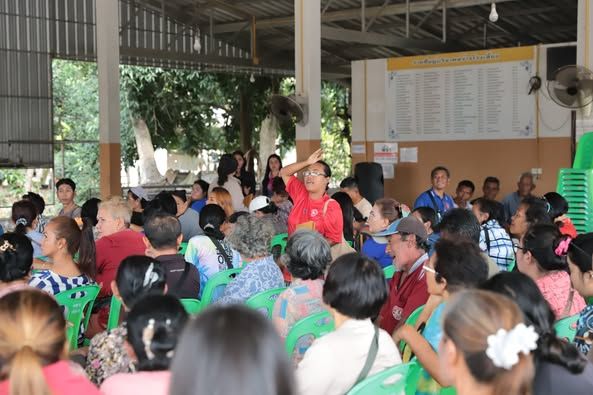Supporting Local Economy and Sustainability
The National Research Council of Thailand (NRCT) has devised a plan to support research targeting the improvement of souvenirs sold on Koh Samui, a well-known tourist destination. The island’s main economic crop is coconut, with other plants such as banana also being widely used in souvenir production.
NRCT executive director Wiparat De-ong stated that the council has funded two research projects that focus on the island’s souvenir development. The first study was conducted by the Faculty of Science and Technology at Thammasat University, while the second research initiative aimed at assisting locals with sustainable practices through the creation of a Bio-Circular-Green (BCG) Economy Centre.
Enhancing Quality and Earnings
The primary objective of the first study is to improve the quality of souvenirs, which would contribute to the island’s earnings through the application of scientific and technological knowledge. The second research project centers around building a network of souvenir providers on the island, which includes the development of learning centers that enable entrepreneurs to showcase their production process, as well as exchange knowledge and expertise.
Addressing Challenges and Innovations
The NRCT and its research teams have also been examining the difficulties faced by entrepreneurs in product development. Researchers have taken a keen interest in souvenirs such as kalamae (a caramel-like sweet) to explore ways of extending its shelf-life packaging, skincare products made from coconut and herbal ingredients, and items crafted from banana fibers like handbags, tote bags, and bar soap. The studies aim to elevate the island’s economy on the global stage while providing sustainable income for its residents.
Collaborative Efforts and Future Goals
By funding these research initiatives, the NRCT hopes to foster collaboration between local businesses, researchers, and the community. The gradual implementation of findings and innovations from these studies is expected to contribute to the island’s economic growth, environmental sustainability, and overall well-being of Koh Samui’s inhabitants.
